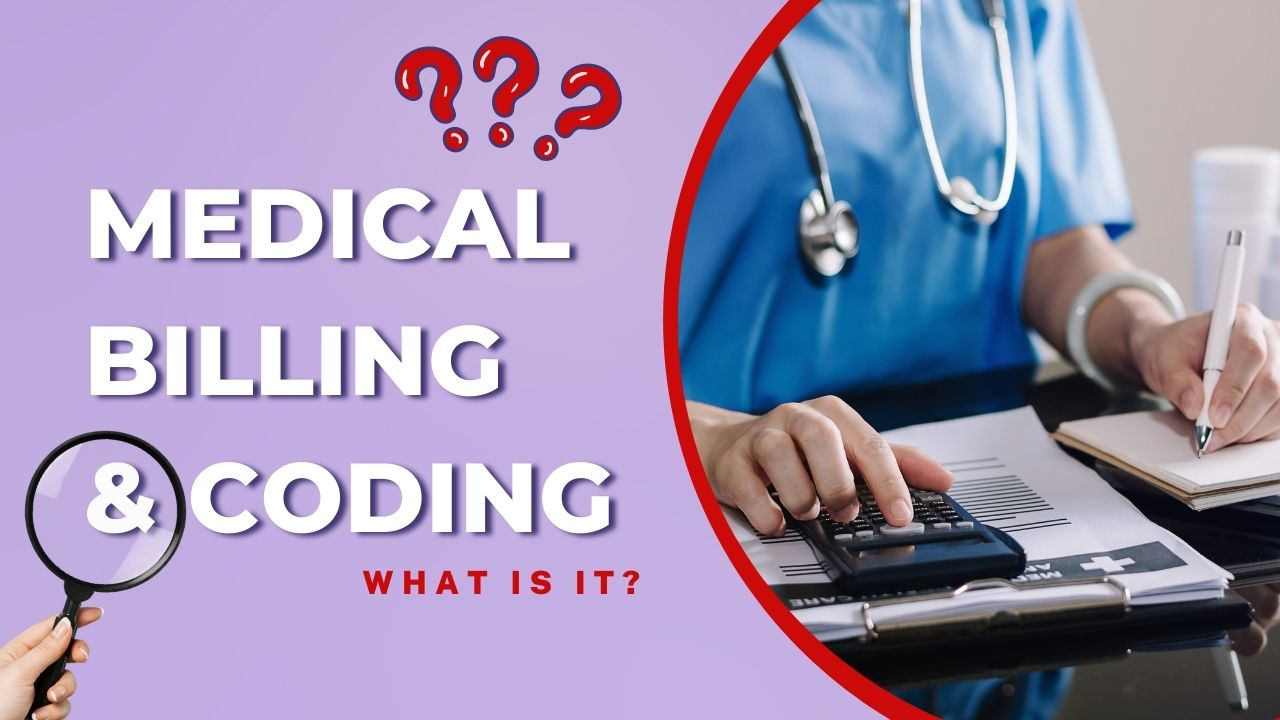What is Medical Billing and Coding?

Medical billing and coding are two different but interrelated processes. In this blog, we will dive into what each one is and how they relate to one another.
What are the responsibilities of a Medical Coder?
Medical coders play a vital role in the healthcare system. Their responsibilities include:
-
Assigning correct codes to medical procedures, diagnoses, and treatments.
-
Reviewing medical records to ensure correct documentation.
-
Keeping up-to-date with coding regulations.
-
Working with the patient’s doctor and insurance company when they question the codes.
What are the responsibilities of a Medical Biller?
Medical billers help ensure that doctors get paid for their services on time. Their responsibilities include:
-
Preparing and submitting claims to insurance companies.
-
Verifying insurance coverage.
-
Resolving issues such as claims getting denied.
-
Following up on unpaid claims and collecting payments.
Final thoughts
Medical billers and coders play a super important role in the healthcare industry. Their expertise helps make the billing process hassle-free for patients. A career in this field offers stability and a lot of growth opportunities.
Take the first step towards a fulfilling career in medical billing and coding! Check out available classes at Dreambound here.

Pia Yapjoco is part of the school growth and sales team at Dreambound. She helps facilitate school partnerships that expand educational opportunities for aspiring students in allied health and other trades. Beyond work, she curates her pup's Instagram, hunts for hidden coffee gems, and escapes into cozy gaming.




